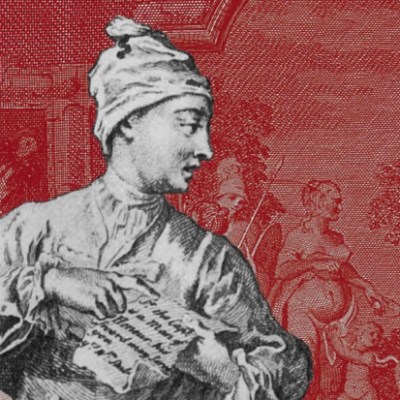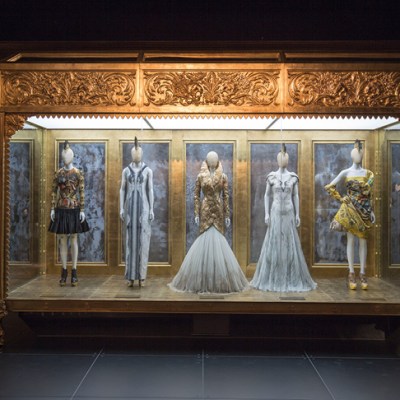Introducing Rakewell, Apollo’s wandering eye on the art world. Look out for regular posts taking a rakish perspective on art and museum stories
Upbeat news from Lisbon, where Underdogs Gallery has opened a show devoted to the Smiley, the cheerful yellow roundel that became an emblem of rave culture back in the 1980s. Its curator? None other than dance music legend Fatboy Slim. It turns out that the big beat supremo – Norman Cook to his mum – is the proud owner of what the Guardian describes as ‘possibly the largest collection of smiley ephemera in the world’, including jewellery, prints, watches, shoes and even a toaster emblazoned with the grinning logo.
Designed by commercial artist Harvey Ball in 1963 as a badge to improve staff morale at an insurance company in Worcester, Massachusetts, the smiley has long since become a ubiquitous cultural phenomenon. ‘Over the years it has elevated from 200 badges made for an insurance company to this worldwide icon and this symbol of, what is for me, happiness, goofiness, stupidity and unconditional love,’ Cook says.
While he may not be synonymous with exhibition-making, Cook has clearly stated aesthetic tastes – at least when it comes to architecture and planning in his hometown of Brighton. In an interview with the Architects’ Journal last year, he discussed his contributions to preservation campaigns, the importance of heritage and his dislike of certain local eyesores (of the city’s ‘rotten’ King Alfred Leisure Centre, he said he ‘would love to have seen Frank Gehry’s crumpled towers materialise to replace it’).
Cook has evidently come a long, long way: it was only after living in Brighton for 16 years that he finally visited the Royal Pavilion. ‘Baz Luhrmann was staying at my house and dragged me to it,’ he revealed. ‘Until then, I didn’t even know you could go inside.’
Got a story for Rakewell? Get in touch at rakewell@apollomag.com or via @Rakewelltweets.




